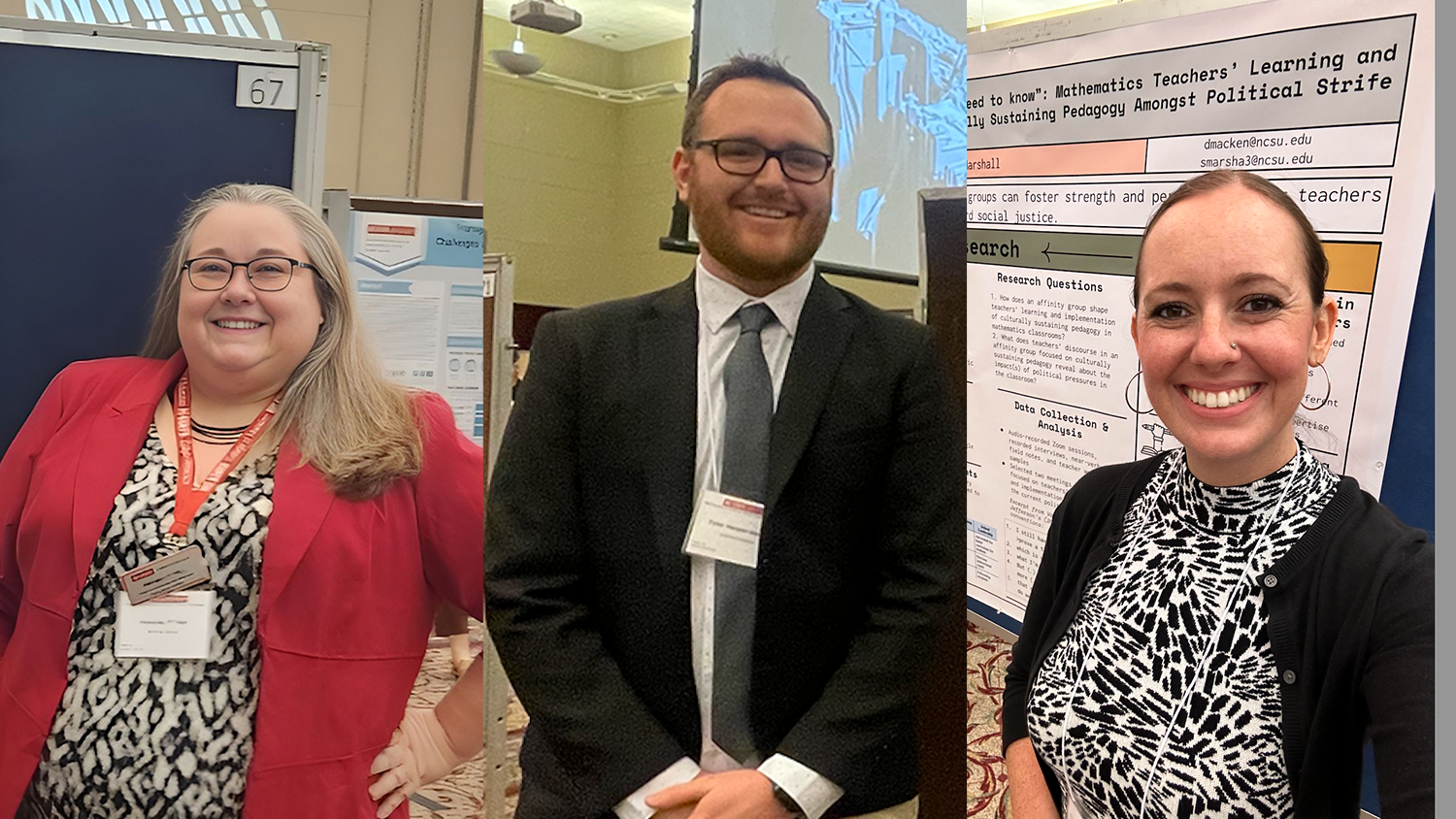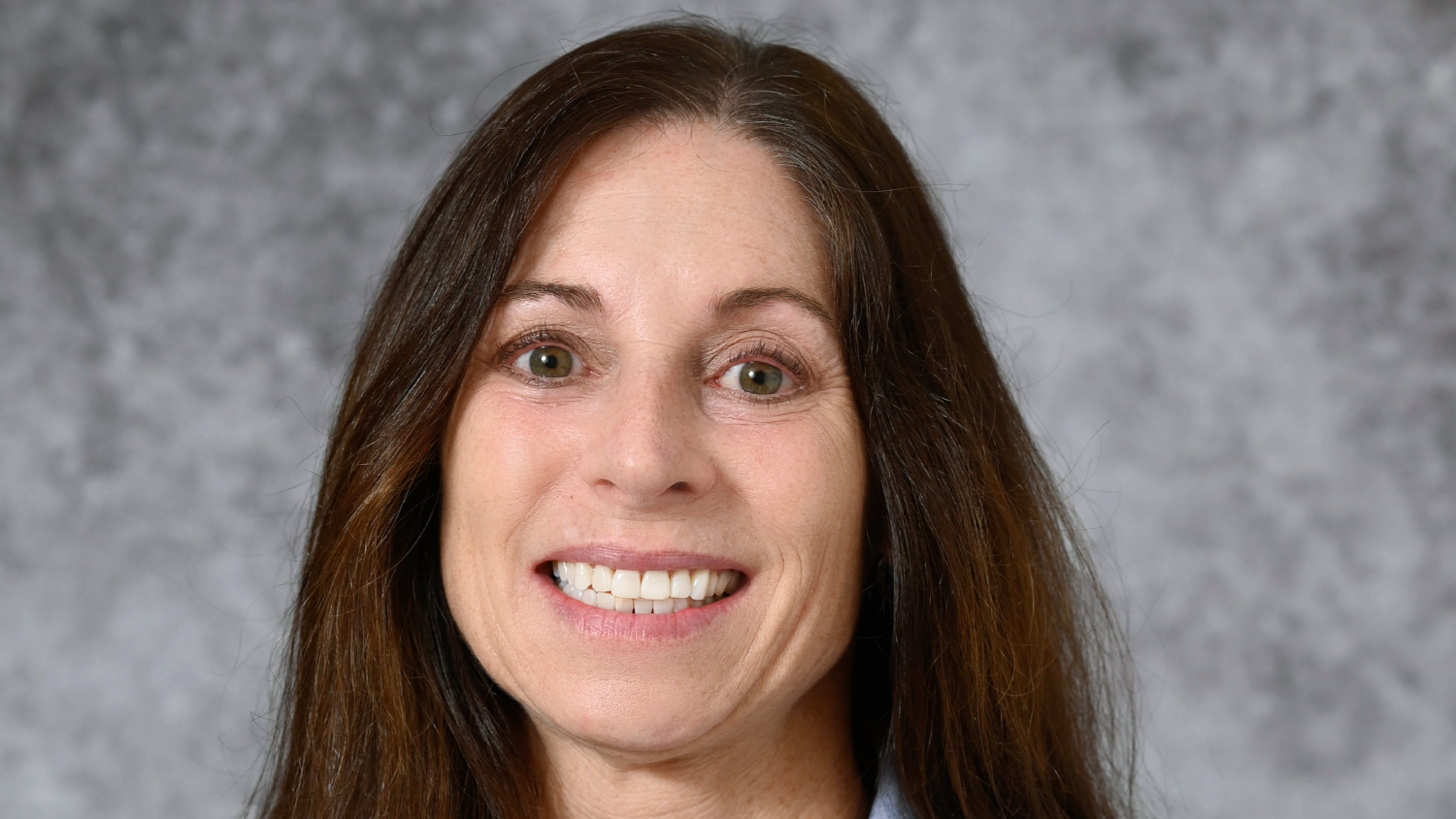2 NC State Education Projects Featured in 2018 STEM for All Video Showcase

Two videos from the NC State College of Education are featured in the 2018 STEM for All Video Showcase, an event held online from May 14-21. Associate Professors Temple Walkowiak (principal investigator) and Sarah Carrier (co-PI) collaborated on Project ATOMS, which focused on elementary teachers of math and science; while Joseph D. Moore Distinguished Professor of Mathematics Education Jere Confrey submitted work related to Scaling Up Digital Design Studies (SUDDS) and using real-time assessment data to improve instructional outcomes.
Now in its fourth year, the annual showcase features more than 200 innovative projects aimed at improving STEM learning and teaching, which have been funded by the National Science Foundation and other federal agencies. During the week-long event, researchers, practitioners, policymakers and members of the public are invited to view the short videos, discuss them with the presenters online, and vote for ones most effective in conveying creative work.
Both videos can be viewed at stemforall2018.videohall.com.
ATOMS: Accomplished Elementary Teachers of Math & Science
Through the presentation “ATOMS: Accomplished Elementary Teachers of Math & Science,” Walkowiak and Carrier highlight a longitudinal study of teacher development that examined the impact of a STEM-focused elementary teacher preparation program. The project was funded by the National Science Foundation.
“Project ATOMS was a unique opportunity to examine the impact of a STEM-focused teacher preparation program and to study how elementary teachers develop during the preservice and early years of teaching, specifically related to math and science,” Walkowiak said. “The longitudinal, comprehensive study deepens our understanding of teacher development and points to implications for teacher preparation programs.”
SUDDS and Math Mapper: A Coherent Learning Framework and Student-driven Real-time Assessment Data for Better Instructional Outcomes
Confrey’s presentation, entitled “SUDDS and Math Mapper: A Coherent Learning Framework and Student-driven Real-time Assessment Data for Better Instructional Outcomes,” looks at how the digital learning system Math-Mapper supports student learning in the middle school mathematics classroom. The project was funded by the Bill & Melinda Gates Foundation and the National Science Foundation.
“Math-Mapper is a game-changing tool for students. It uses a theory of learning trajectories and a diagnostic assessment system to identify where students are in their learning of math concepts, in order to guide teachers’ instructional decisions and build students’ feeling of ownership over their learning,” Confrey said.
- Categories:


